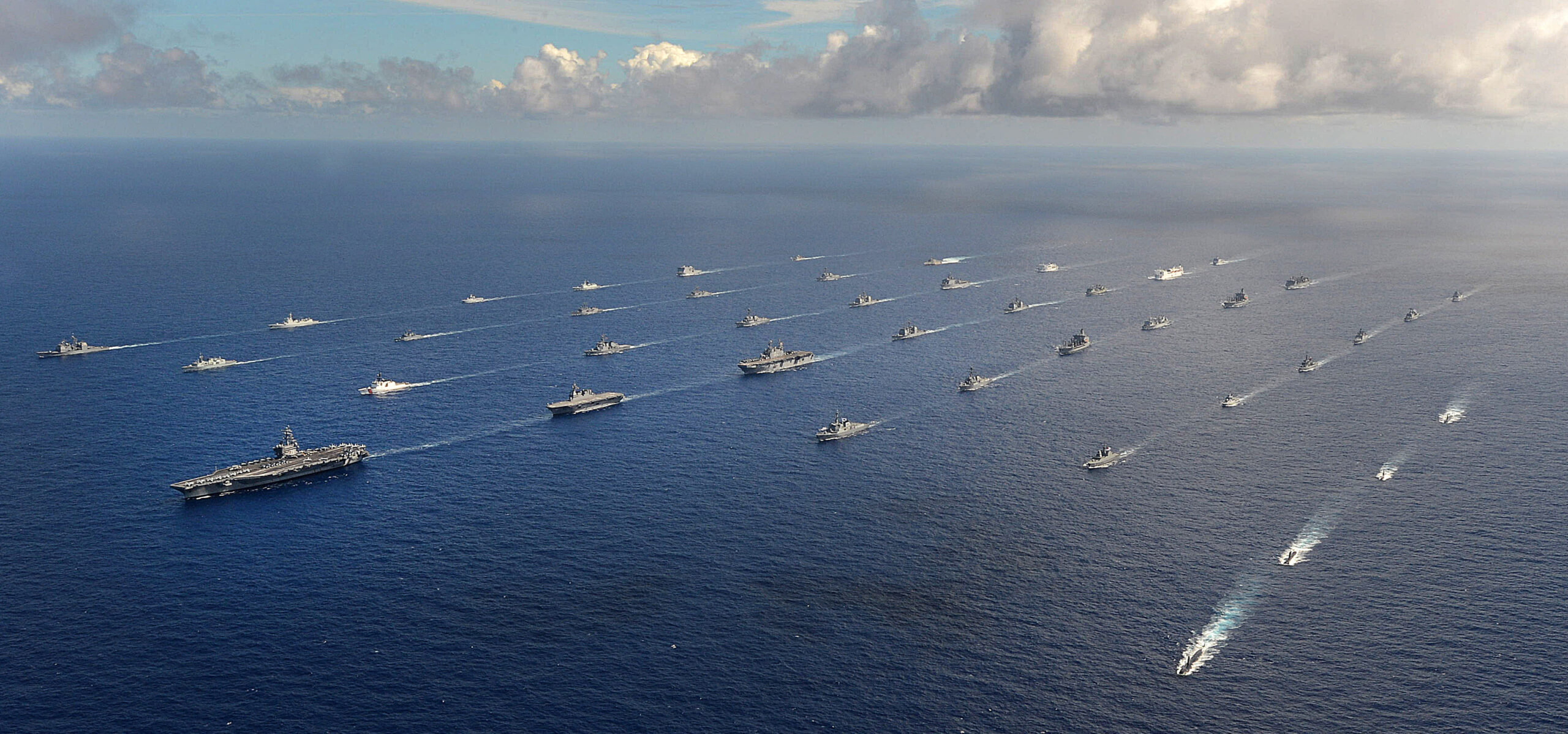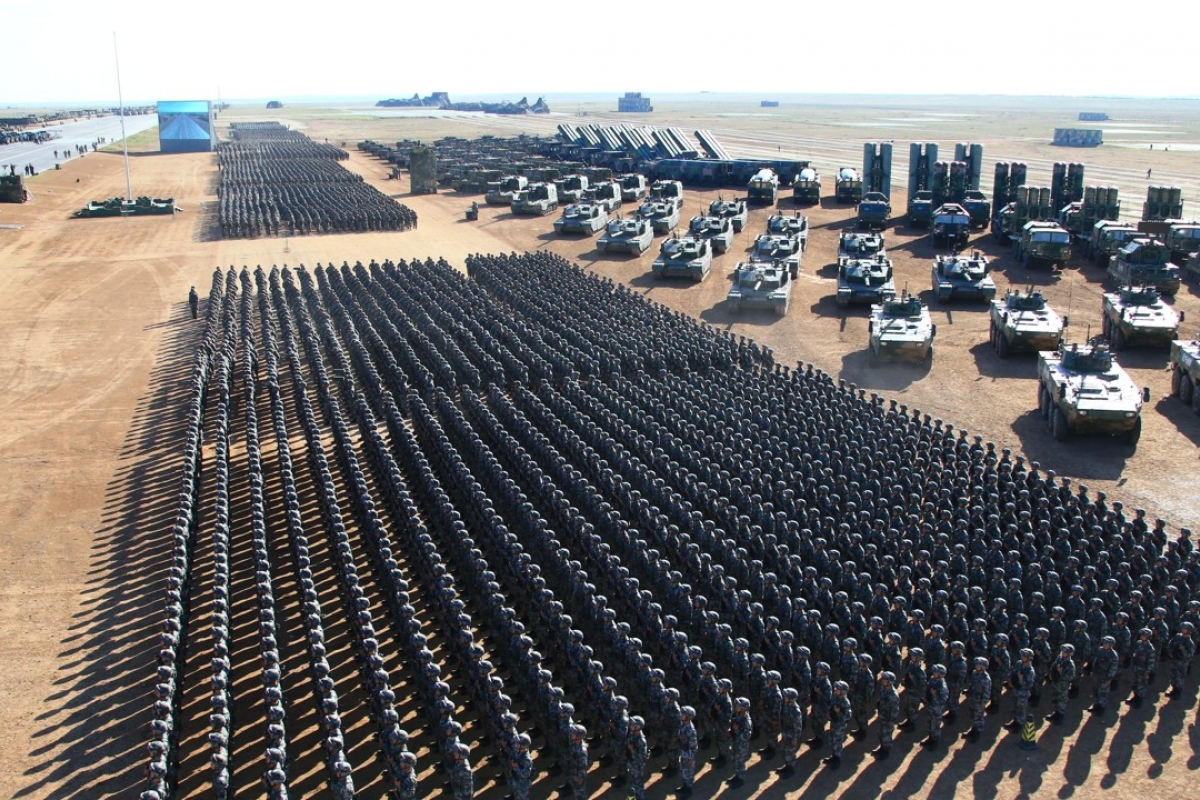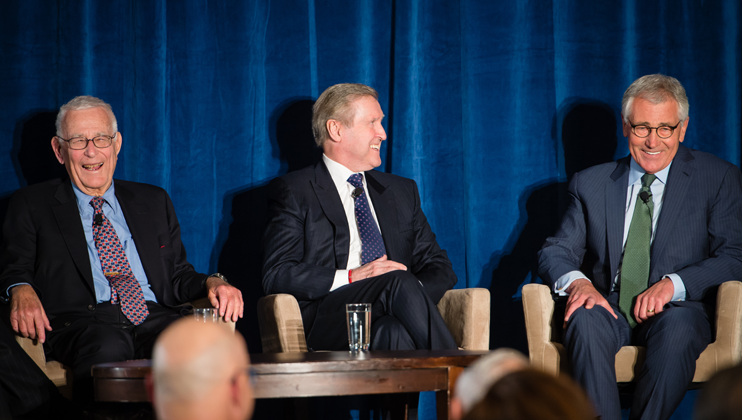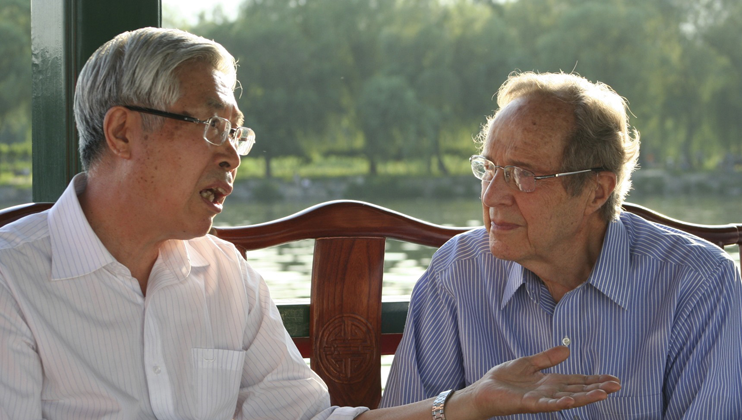The U.S. Department of Justice's China Initiative is intended to counter national security threats posed by China, but it defines the threats too broadly, which raises problematic implications both for the U.S. criminal justice system and for collaboration with people who have ties to China.
Admiral Dennis Blair discussed the rise of China's technological capabilities, the strategic challenges inherent to this rise, and how the United States might best approach regulation while encouraging collaboration.
Ely Ratner of the Center for a New American Security discussed a report describing strategic competition over the future of the Indo-Pacific, and presents a series of policy recommendations.
Dr. Isaac Kardon discussed China's overseas port projects and broader regional maritime issues.
How should we think about the U.S.-China military and security relationship? The commander of the U.S. Indo-Pacific Command, Admiral Philip S. Davidson, presents his views.
M. Taylor Fravel examines the security threats China has faced over the past 70 years, investigating how and why the country’s defense strategies have changed.
This program is part of the 2017 CHINA Town Hall, one of over 80 programs hosted by local partners across the United States.
Defense Secretaries Harold Brown, William Cohen, Chuck Hagel, and William J. Perry, in conversation with National Committee President Stephen A. Orlins, reflect on their experiences at DoD and the future of the U.S.-China security relationship.
The National Committee’s Track II Strategic Security Dialogue (at times called the Northeast Asia Strategic Security Dialogue) began in 1999 and stemmed from an earlier National Committee mil/mil program and the joint Stanford-Harvard Preventive Defense Project (PDP), a research collaboration of Stanford University and Harvard University's Kennedy School of Government set up by former Secretary of Defense William Perry and Assistant Secretary Ash Carter.
At a National Committee program on Monday, March 18 Richard Bush, a senior fellow at Brookings, discussed his new book at Dorsey & Whitney in New York City.









